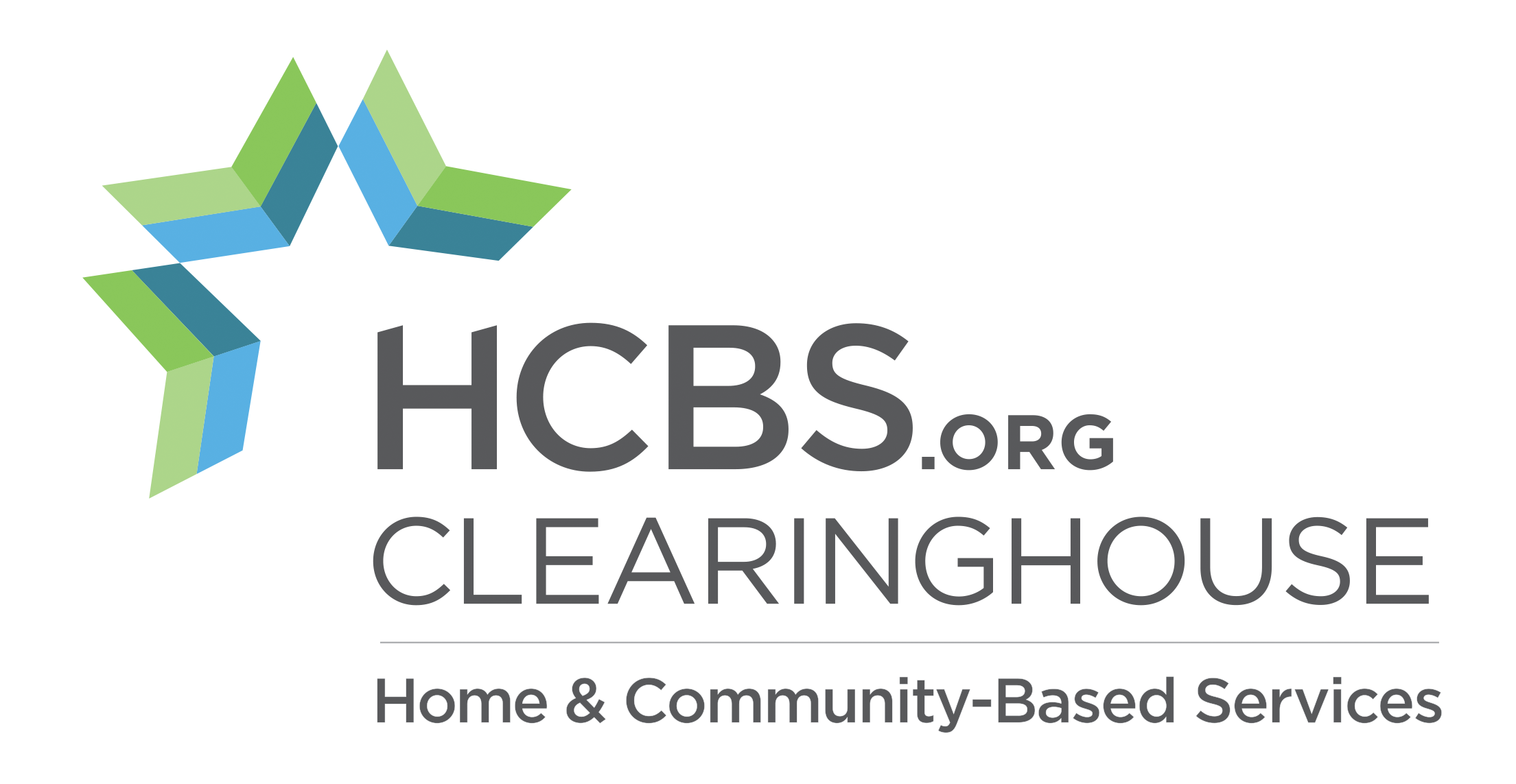
Disabled Dual-Eligible Beneficiaries: Integration of Medicare and Medicaid Benefits May Not Lead to Expected Medicare Savings
Article Publication Date
Summary
In this report, the GAO examined claims, expenditure, and quality data from Dual Eligible Special Needs Plans (D-SNPs) during 2009. The GAO notes that D-SNPs with higher levels of Medicare and Medicaid integration performed better on quality outcomes but did not reduce utilization of costly Medicare services. The GAO concludes that CMS projected savings from the Financial Alignment Demonstration and other initiatives to integrate care for dual eligible beneficiaries may be overstated.
Topics
Types/Tools
Populations
Sources
GAO
Programs/Initiatives
States
Keywords
Centers for Medicare and Medicaid Services; dual-eligible special needs plan; fee-for-service; Fully Integrated Dual-Eligible; long-term services and supports; Medicare Advantage; managed care organization; Patient Protection and Affordable Care Act; special needs plan; Supplemental Security Income; spending; expenditures;
Contact
Government
Accountability Office
441 G St., NW
Washington, DC 20548
contact@gao.gov
Phone
202-512-3000

